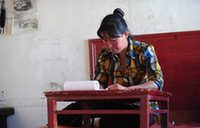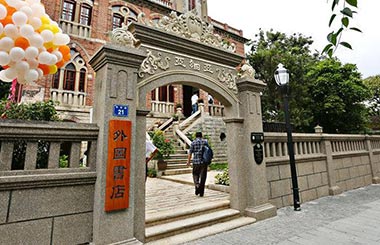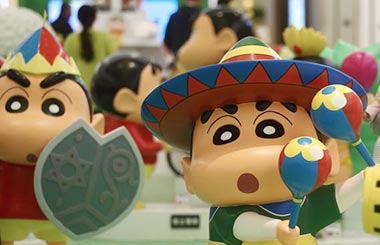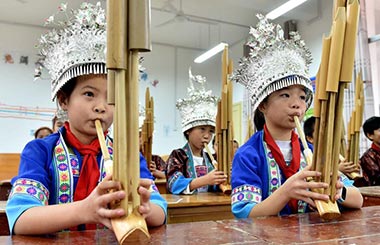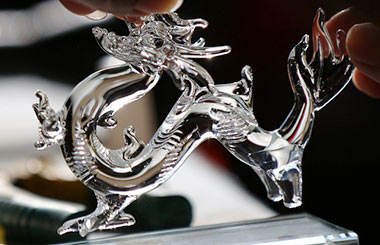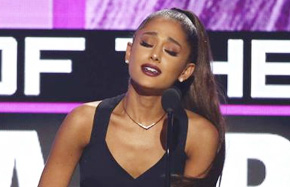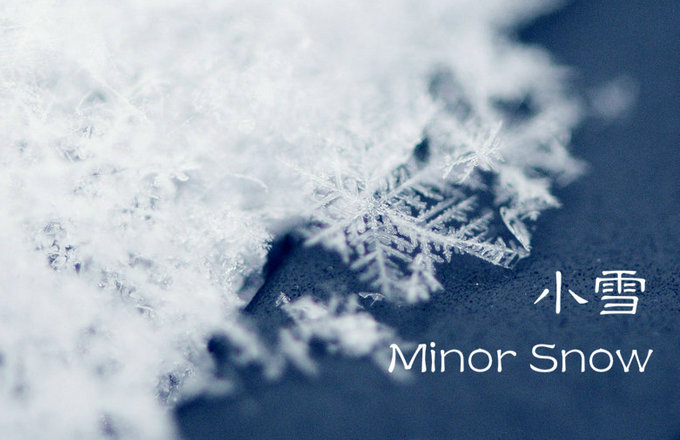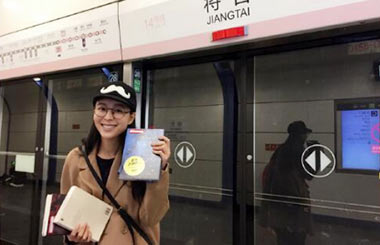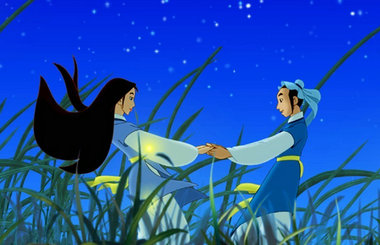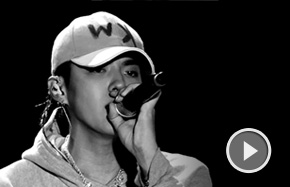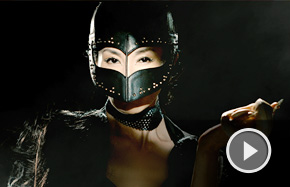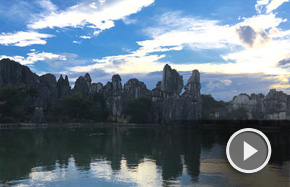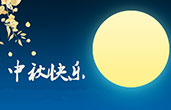Electric shadows light up London
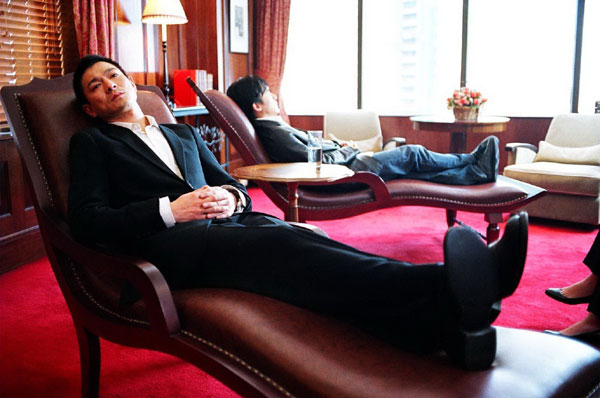 |
|
Andy Lau (left) and Tony Leung star in Infernal Affairs, which will be screened under the category of "Swordsmen, Gangsters and Ghosts" during the retrospective. |
The season is organized into five categories - four of which are periods of time. The fifth is genre-based and called "Swordsmen, Gangsters and Ghosts". Each category is packed with the most iconic and representative films of its era, and draws attention to the exchange between filmmaking centers, in both Greater China and beyond.
The first category, currently playing, is "The Golden Age", a showcase of Shanghai classics, mainly from the 1930s and 1940s. Films include New Woman (1935) starring Ruan Lingyu, the "Greta Garbo of China", and Crossroads (1937), an adaption of La Boheme set in Depression-era Shanghai.
Anchoring this opening category - and much of the program, in fact - is the masterpiece Spring in a Small Town (1948), directed by Fei Mu and produced on the cusp of the Communist takeover in China. The film went on to influence the likes of Zhang Yimou, Chen Kaige and Wong Kar-wai. In 2005, the Hong Kong Film Critics Association declared Spring in a Small Town the greatest Chinese film ever made. In homage to its legendary status, it will be released nationwide in the UK on June 20, in a new digital restoration.
The second category is "A New China", a look at films from after the civil war, such as This Whole Life of Mine (1950), the first film produced in Shanghai after the founding of New China, and told through the eyes of a Beijing policeman, played by the film's actor-director Shi Hui.
This category covers the period up to the "cultural revolution" (1966-76). Heart-breaking dramas, such as 1955's Parents' Hearts, about the Cantonese Opera scene, sit alongside influential comedies, such as the tale of domestic village life Li Shuangshuang (1962) as well as the Asia-wide box-office hit The Love Eterne (1963), a cross-dressing romance often dubbed the "Romeo and Juliet of the East".
The category of "Swordsmen, Gangsters and Ghosts" will begin in July, with films and stars that are likely to be more familiar with audiences today. Jackie Chan in Police Story (1985), Bruce Lee in Fist of Fury (1972) and Jet Li in Once Upon a Time in China (1991 and 1992) will be screened, along with multiple-Oscar winners Crouching Tiger, Hidden Dragon (2000), Hero (2002) and Infernal Affairs (2012), which was later remade by Martin Scorsese into the Hollywood award-winning hit The Departed (2006).
If "Swordsmen, Gangsters and Ghosts" is dominated by films from Hong Kong, then "New Wave", which looks at the 1980s renaissance of Chinese film, is focused on the mainland, namely, the rise of the Fifth Generation directors, such as Chen Kaige, Zhang Yimou and Tian Zhuangzhuang.
Highlights include the classic and influential Yellow Earth (1984), a powerful film that combines Chen's directing (his debut) with Zhang's cinematography; and The Story of Qiu Ju (1992), starring Gong Li and which took home the Golden Lion at the Venice Film Festival.
"New Directions" wraps up the season in September and early October, with a focus on the more daring, ornate films of Wong Kar-wai (In the Mood for Love in 2000), Stanley Kwan, Jia Zhang-ke and Tsai Ming-liang.





